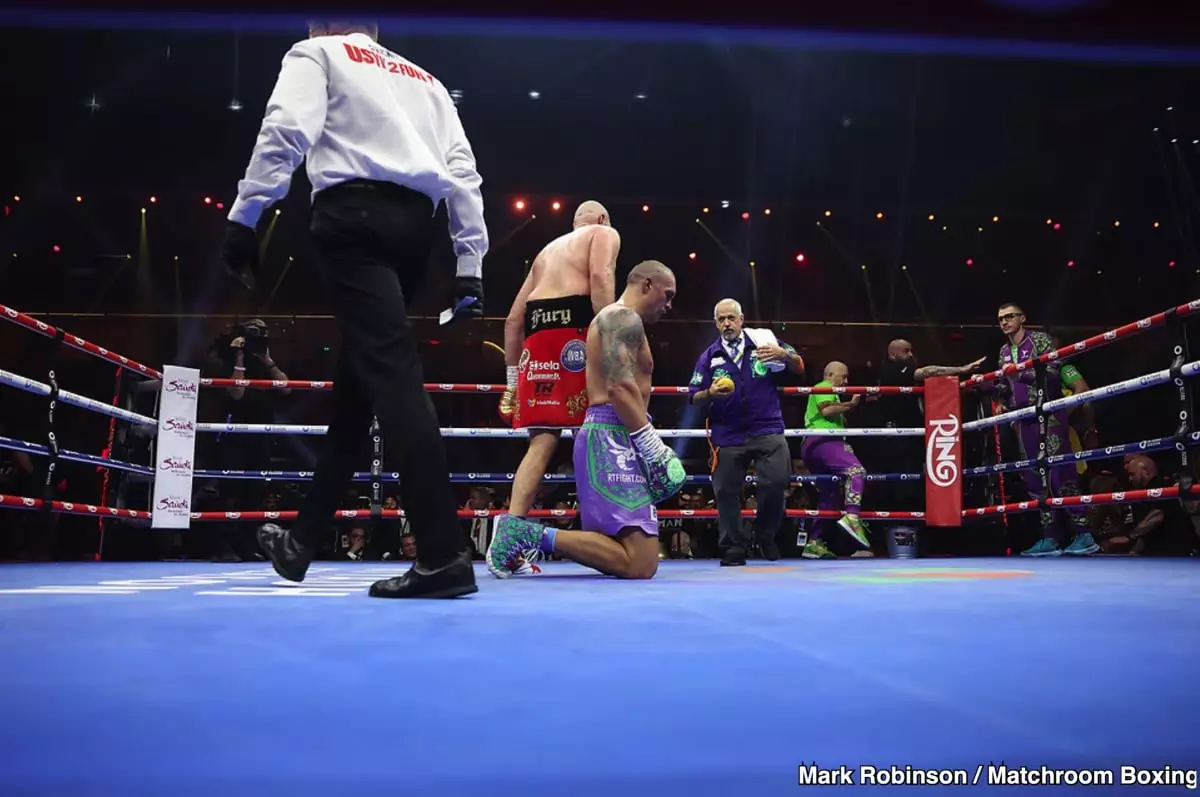In an electrifying rematch held in Riyadh, unified heavyweight champion Oleksandr Usyk faced off against Tyson Fury, culminating in a high-stakes 12-round match that left boxing fans on the edge of their seats. Despite the intensity of the bout, Usyk emerged victorious through a unanimous decision, with all three judges scoring the contest 116-112 in his favor. This exhilarating result not only reaffirmed Usyk’s status at the pinnacle of heavyweight boxing but also sparked a multitude of discussions surrounding the fight’s dynamics and judging criteria.
Following the match, Turki Alalshikh took to social media to share his insights about the fight, emphasizing that he believed Usyk had bested Fury by a significant margin. He articulated that his mention of a four-point victory was not meant to undermine Fury’s performance, who he commended for laying it all on the line. Alalshikh characterized Usyk as one of the greatest boxers of the current era, highlighting his ability to manage the fight’s tempo and capitalize on critical moments during the rounds.
While he acknowledged Usyk’s superiority in this matchup, Alalshikh expressed admiration for Fury’s contributions to the sport, indicating a deep respect for the British boxer. He stated that he would respect Fury’s choice regarding retirement or a continued pursuit of glory, showcasing the camaraderie and mutual respect that often underpins the sport, even amidst fierce competition.
Dillian Whyte, a prominent figure in heavyweight boxing, offered his take on the fight dynamics in a discussion with iFL TV. According to Whyte, Usyk’s strategy of finishing rounds strong played a pivotal role in determining the judges’ scores. Whyte suggested that in tightly contested matches, judges tend to lean toward the fighter who displays greater intensity towards the latter stages of the rounds. This perspective provides a critical lens through which to view the effectiveness of Usyk’s ring tactics, as he was able to decisively close rounds and leave a lasting impression on the judges.
Interestingly, Whyte disagree with Fury’s own assessment of the match, arguing that Usyk had indeed won the majority of rounds after a competitive start. This disagreement encapsulates the inherent subjectivity in boxing judging, where opinions vary widely and can even change based on who is watching the fight.
As the dust settles on this remarkable rematch, the boxing world is now abuzz with speculation regarding the potential future for both fighters. For Usyk, attention will shift towards the upcoming bout between IBF heavyweight champion Daniel Dubois and Joseph Parker, which could provide a pathway for potential future defenses or matchups. Meanwhile, Fury’s future remains uncertain as he weighs his options post-fight.
This rematch not only redefined rivalries but also underscored the significance of tactical execution in boxing. Usyk’s victory serves as a testament to his skill and resilience, yet also highlights the competitive spirit that makes heavyweight boxing a compelling spectacle. The world will be watching closely as both champions consider their next moves, which promises an exciting future in the sport.

